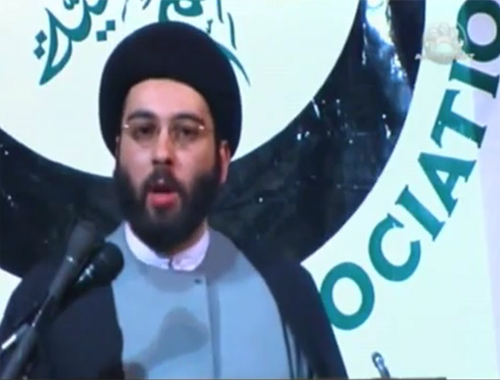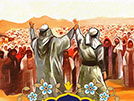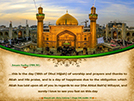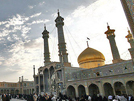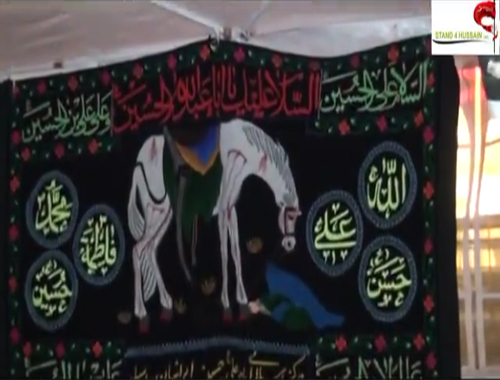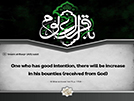(D) The Interpretation Of The Qur'Än
- Details
- Hits: 3836
(D) The Interpretation Of The Qur'Än
“As mentioned earlier, the interpretation of the Qur'Än must be based on the teachings of the Ahlu 'l-bayt. The word ghanÄ«mah in the verse under discussion has clearly been interpreted as `al-fÄ'idatu 'l-muktasabah — the earned profit' by our Imams.
“To conclude, we can say that the word ghanÄ«mah was never treated as being confined to the `spoils of war' by any sect of Islam; and as far as our Imams are concerend, it meant many things besides the spoils of war right from the day of Imam ‘Ali (peace be upon him), as the authentic traditions show.”[35]
What has been quoted above can also be substantiated from the practice of the Prophet of Islam himself. For example, when the Prophet sent `Amr bin Hazm to Yemen, he wrote instructions for him in which, among other things, he says, “...to gather the khums of AllÄh from the gains [of Yemenis].”[36] And when the tribe of Bani KilÄl of Yemen sent its khums to the Prophet, the latter acknowledged it by saying, “Your messenger has returned and you have paid the khums of AllÄh from the gains (al-ghanÄ'im).”[37] It is interesting to note that the Bani KilÄl obeyed the Prophet's order and sent the khums of its gains to him while no war had taken place between the Muslims of Yemen and the unbelievers. This is a clear indication that khums was not restricted by the Prophet to the spoils of war.
The importance given by the Prophet to the issue of khums can also be seen in his advice to the delegation of Bani `Abdu 'l-Qays. It seems that Bani `Abdu 'l-Qays (which was a branch of Rabi`ah) was not a very strong tribe. Moreover, in order to travel to Medina, they had to cross an area inhabited by the Muzar tribe which was against the Muslims. Consequently, the Bani `Abdu 'l-Qays could not travel safely to Medina except during the months in which warfare was forbidden according to the Arab custom.
Once a delegation from Bani `Abdu 'l-Qays came to Medina and said to the Prophet, “We cannot come to you except in the harÄm months [when warfare is forbidden], and there are between us and you the unbelievers of Muzar. Therefore, please give us some advice that we may give to those whom we have left behind and that we may enter the Paradise [by acting on it ourselves].” The Prophet advised them to believe in One God, establish prayer, pay zakÄt, fast in the month of RamadhÄn, and “to pay khums (one-fifth) of whatever you gain.”[38] The circumstances of the Bani `Abdu 'l-Qays —they were weak and small in number, and were thus prevented from travelling safely to Medina— leaves no room for interpreting the application of khums in the above hadith on spoils of war exclusively.
* * *
This lesson is entirely based on
Khums: An Islamic Tax (Third Edition, 1992) of Sayyid M. Rizvi

